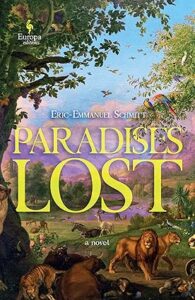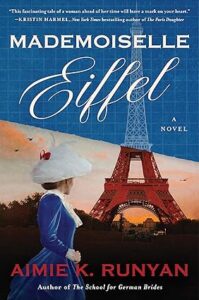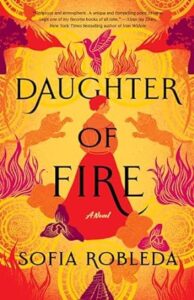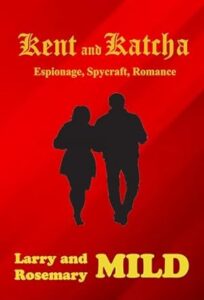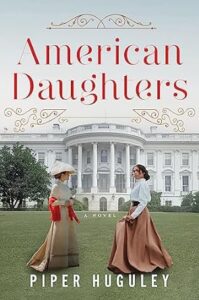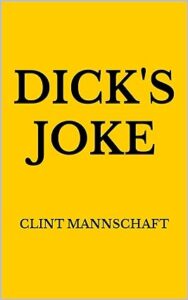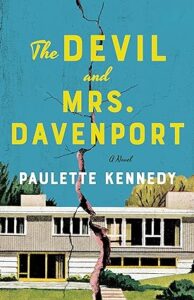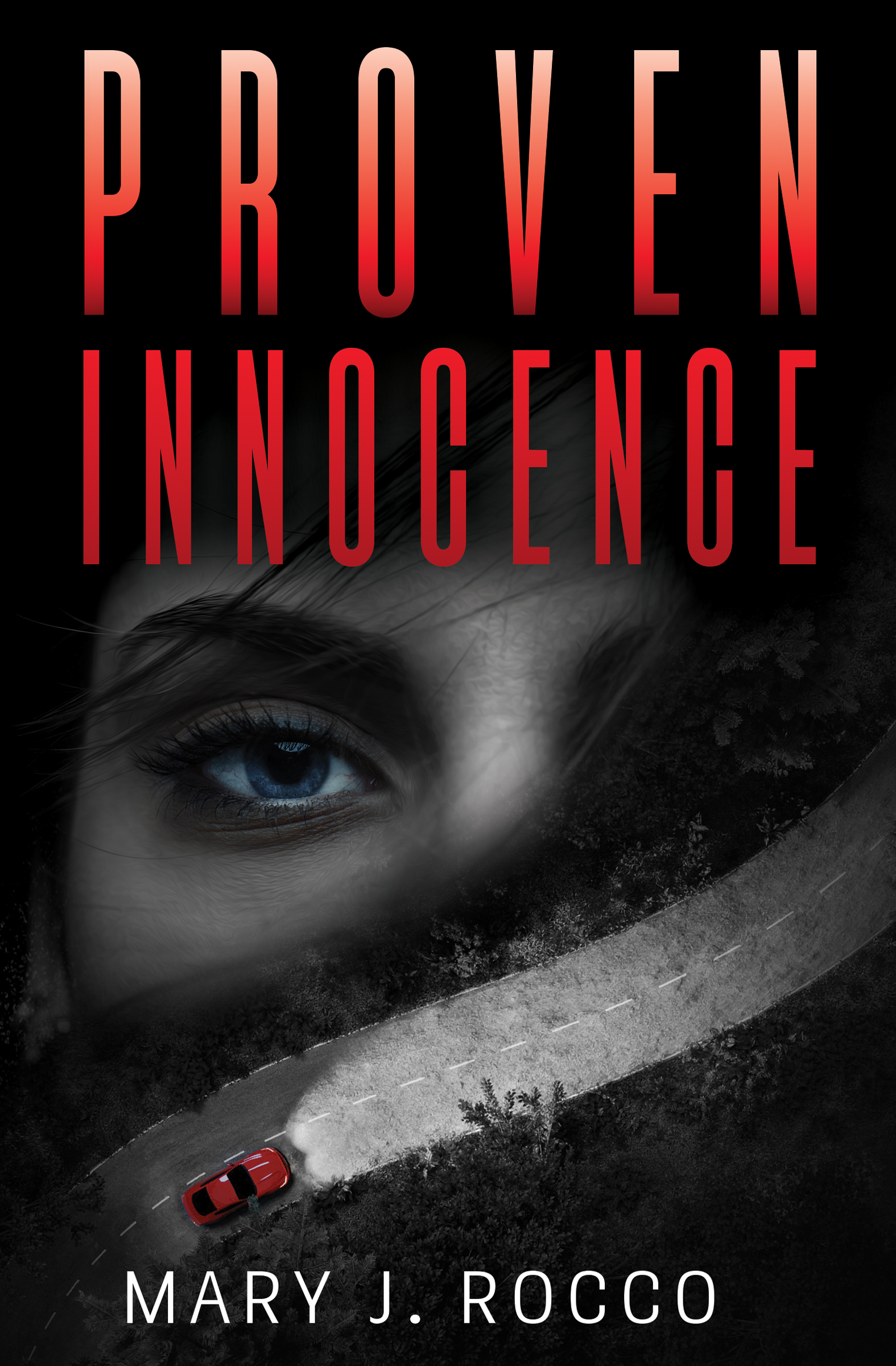Paradises Lost by Eric-Emmanuel Schmitt
Publisher: Europa Editions
Genre: Historical, Fiction
Rating: 5 stars
Reviewed by LavenderThe first volume of what promises to be a singular literary adventure: to recount the whole of human history in the form of a single, long novel.
Noam is a young man when the Flood wreaks havoc on the world, destroying the peaceful lakeside village he called home, and turning his life upside down. Destined to live forever as an immortal, Noam travels through the centuries in search of the meaning of life, and the events which shaped who we have become today.
Paradises Lost is the first installment of Eric-Emmanuel Schmitt’s monumental project of recounting the history of humanity, the fruits of more than thirty years of research. The first in a series, and in the form of a stylish novel that blends the narrative nonfiction of Yuval Noah Harari with the adventure novels of Alexandre Dumas. Schmitt combines his scientific, religious and philosophical research to propel readers from one world to another, and from pre-history to today.
This story is the first in a grand series, covering human history. It starts at life before the big flood. Noam is the protagonist, an immortal who describes the world from his point-of-view. Noam lives in a village by a lake, the son of the chief, and the characters around him each have their own unique story.
Noam’s relationship with his family and friends is complex and layered. He and his father have an especially complicated connection. Noam does not know whether to admire or despise his father. There are women in Noam’s life, and he must tread carefully concerning his decisions around them.
When Noam leaves his village to live in the wild, he makes some interesting discoveries and meets people he could never forget. The adventure continues, and it is unpredictable.
There are themes of nature and the earth—caring for it—and family, love, friendship, the future, and many others interwoven throughout this epic tale. Readers also get a glimpse into Noam’s distant future.
Throughout the book, there are footnotes, describing Noam’s thoughts on life and universal topics. These insights are thought-provoking. He refers to different points of history.
Overall, this is a satisfying read, and the next installments are sure to just as engaging.
